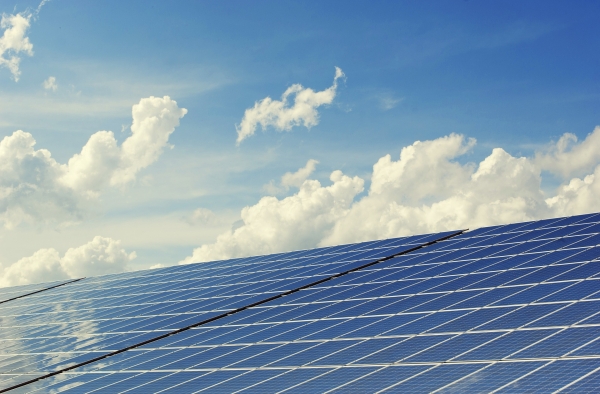The world must halt its increase in greenhouse gases within the next three years, cut them by 43% in the next seven, and eliminate them entirely by 2050 to avoid catastrophic and irreversible climate change impacts this century, according to a new report released this week by the Intergovernmental Panel on Climate Change (IPCC). But along with dire warnings, the assessment also brings good news: We already have the tools necessary to make these changes, and they’re cheaper than ever before.
The assessment is the third in a trilogy from the international body tasked with assessing the latest scientific research on climate change, and in addition to analyzing a wide variety of mitigation solutions, it calls for rapid, systemic change. From reduced and more efficient energy use, to the electrification of our energy grids and improving how we build and live in our cities, it makes clear the solutions are affordable and available now.
“We’re not talking about business as usual,” said Working Group III Co-Chair Jim Skea at the Monday press conference unveiling the report. “We know what to do. We know how to do it. It’s time to take action.”
The 2015 Paris Climate Agreement established that in order to stem the tide of sea level rise, increasing heat waves, intensifying storms, widespread water shortages and the extinction of millions of plants and animals, global warming must be kept below 2.7 degrees Fahrenheit (1.5 degrees Celsius) above pre-industrial levels.
“We have to address inequality, focus on wellbeing, and approach this as a human rights issue, efficiently and significantly,” said Max Boykoff, contributing author to the report, chair of the Department of Environmental Studies at CU Boulder and fellow at the Cooperative Institute for Research in Environmental Sciences (CIRES).
Read more at: University of Colorado Boulder
Photo Credit: mrganso via Pixabay


